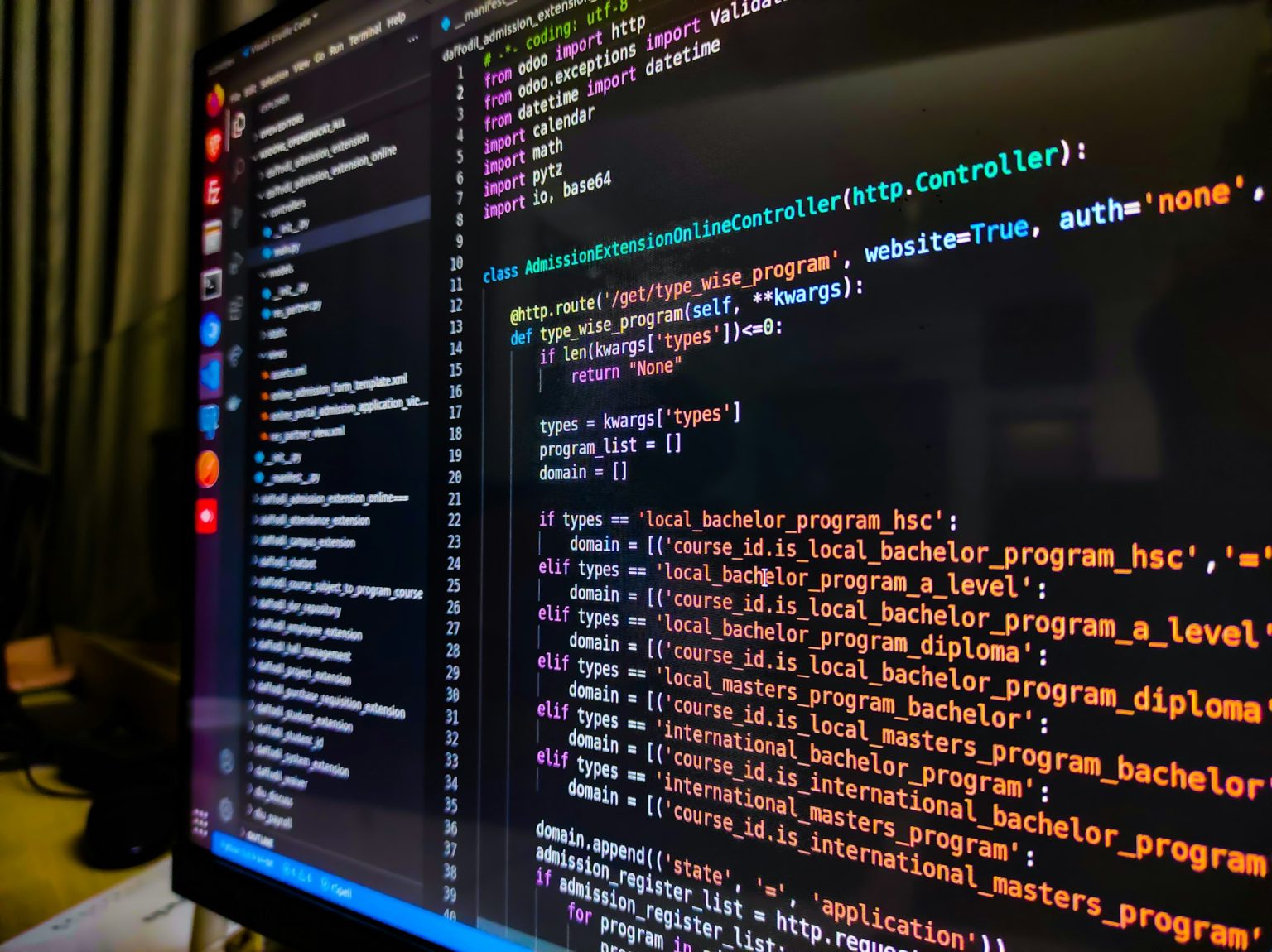AI’s Growing Role in Software Development: A Look at Early-Stage Startups
In a fascinating glimpse into the future of software development, a recent survey of Seattle-based early-stage startups reveals surprising trends in how AI tools are revolutionizing coding practices. This survey, conducted by Seattle tech community leader Marcelo Calbucci, focused on 22 AI-native startups with small engineering teams of one to five developers. These companies, born in an era where AI can code, provide valuable insights into how the next generation of tech companies may operate. The findings challenge common assumptions about AI adoption and showcase a remarkable shift in how software is being created in these innovative environments.
Perhaps the most striking revelation from the survey is the extent to which AI is already writing production code at these startups. An astonishing 18% of the surveyed startups reported that AI writes 100% of their production code. This doesn’t mean engineers aren’t involved—they still review the code and refine AI prompts—but they aren’t directly typing code in traditional integrated development environments (IDEs). Even more impressive, 50% of startups said AI writes between 80-99% of their code. Combined, this means over two-thirds (68%) of these cutting-edge startups have AI generating at least 80% of their production code. The survey specifically excluded unit tests, scripts, and documentation to focus solely on code that delivers core value to customers. Only a small minority (13.6%) reported AI writing less than half of their production code, suggesting widespread and deep integration of AI into actual development workflows rather than peripheral tasks.
When it comes to tool preferences, the results present some surprises compared to media coverage. Despite the significant press attention Cursor receives, it’s used by just under 55% of the programmers surveyed, with an average monthly expenditure of about $114 per person. The most popular tool among these AI-native startups is actually Claude Code, used by nearly 64% of programmers who spend an average of $167 per person monthly. Almost 73% of the surveyed startups use Claude in some capacity, establishing it as the clear preferred assistant in this cohort. After Claude and Cursor, adoption rates drop dramatically. OpenAI Codex comes in third place, used by just seven startups and representing approximately 29% of programmers surveyed, with an average monthly spend of around $49 per person. GitHub Copilot and Google’s Gemini CLI round out the top five, with much smaller adoption rates of 9.5% and 4.8% respectively. Interestingly, this isn’t an either/or market—over 68% of startups reported using multiple AI coding tools concurrently, a figure expected to rise to over 86% in the next quarter.
Despite the impressive adoption rates, these AI-native startups still face significant challenges with their AI coding assistants. The primary complaint centers on code quality, with many founders noting that AI-generated code often requires substantial rework to meet production standards. There’s also a notable learning curve in mastering how to effectively prompt these tools to produce the desired results. The survey highlights three key frustrations among these technical founders: output quality requiring significant refinement, a gap between the hype surrounding AI coding tools and their actual capabilities, and most prominently, difficulties in managing context when working with large codebases. These limitations suggest that while AI coding tools have made remarkable progress, they’re still evolving technologies that require human oversight and expertise to deliver production-ready solutions.
Looking ahead, the survey examined how these startups plan to adjust their AI tool usage in the coming quarter. OpenAI Codex appears poised for the most significant growth, with nearly 41% of startups that don’t currently use it planning to adopt it in the next quarter. Claude is expected to maintain its leadership position, though Codex may match it in terms of the number of startups using it. Both Cursor and GitHub Copilot might see slight declines, with one startup each indicating plans to discontinue use. Google’s Gemini CLI could experience modest growth, with three startups expressing interest in experimenting with it. The overall trend suggests continued exploration and a willingness to use multiple tools for different aspects of development, reinforcing that AI coding assistance isn’t developing into a winner-takes-all market. The average software engineer in these startups already spends approximately $183 monthly on the top five AI tools, with some companies investing over $400 per developer—a significant expenditure that reflects the perceived value these tools provide.
This survey offers a compelling window into how the most forward-thinking startups are incorporating AI into their development processes. The high percentage of AI-generated production code, the preference for Claude over more publicized alternatives, and the multi-tool approach all point to a rapidly evolving landscape where AI is becoming integral to software creation. While challenges certainly remain, particularly around code quality and context management, these early adopters are pioneering approaches that may soon become standard practice across the industry. As AI tools continue to improve and developers become more skilled at leveraging them, we may be witnessing the early stages of a fundamental transformation in how software is built. For traditional software companies and developers still primarily writing code by hand, this survey should serve as both an eye-opener and perhaps a wake-up call about the direction in which the industry is heading.


